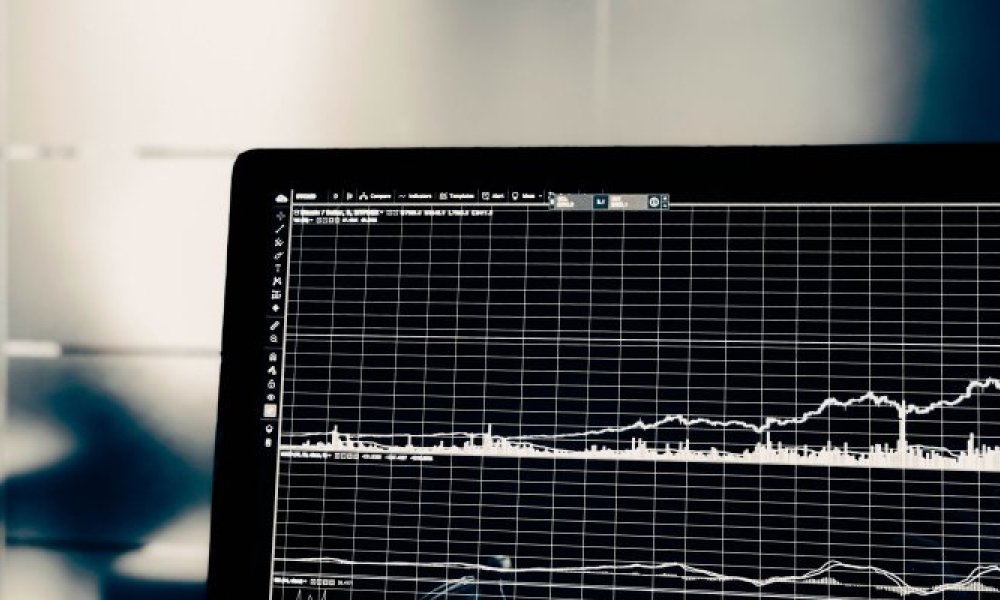Cybersecurity is the practice of protecting systems, networks and programs from digital attacks. These cyberattacks are usually aimed at accessing, changing, or destroying sensitive information; extorting money from users; or interrupting normal business processes.¹
As more companies become digitalized and use digital solutions there is an increased threat related to cybersecurity. Today it is also of utmost importance to have a secure digital identity as most economies and societies are increasingly relying on digital solutions, and we need these identities to access education, healthcare and the justice system. But because there are more devices than people, and attackers are becoming more innovative, it is more challenging than ever to implement effective cybersecurity measures.
At the end of 2020 three cybersecurity companies, PaloAlto, Okta and Crowdstrike, were included in the Global Solutions portfolio under the theme Empowerment. The companies under the empowerment theme rely on secure digital solutions, as they deliver mobile financing, digital banking, internet etc. Companies such as American Tower and Nokia are naturally exposed to these types of attacks and needs cybersecurity as an important part of their strategy. According to the Nokia Threat Intelligence Report, cyberattacks on internet-connected devices are continuing to rise at a fast rate due to poor security. Infected IoT devices have increased drastically only in one year. And of all infected devices, internet connected (IoT) or smart devices amounted to 33 percent in 2020 which is up from 16 percent in 2019. According to Bhaskar Gorti (Nokia Software president and chief digital officer) this is because of the changing 5G ecosystem which makes it easier for actors to take advantages of vulnerabilities in IoT devices.²
But cybersecurity is an increasing necessity for most companies today, in fact the new IEA report emphasized the necessity of digital energy security on the way to becoming a net-zero economy.²
In 2019, sPower witnessed the first cyberattack on a wind and solar energy provider in Utah. These types of attacks could pose a huge threat as we are increasingly relying on renewable electricity and a consequence of attacks on power grids could for example be a power blackout.
If we are going to reach net-zero by 2050 we need to rely on renewable energy and digital electrical grids which poses a huge cyber risk. The rapid electrification of all sectors around the world makes energy security highly central which is why the resilience towards these types of threats towards the electricity system needs to be enhanced.³
Cybercrime is already in the top three fraud events for most industries today, and cybercrime is expected to cost 10.5 trillion annually by 2025. This is why it is important to include cybersecurity measures going forward, and why we view it as an important and necessary investment opportunity.
¹ Cisco
³ International Energy Agency, Net Zero by 2050 – A Roadmap for the Global Energy Sector, May 2021




